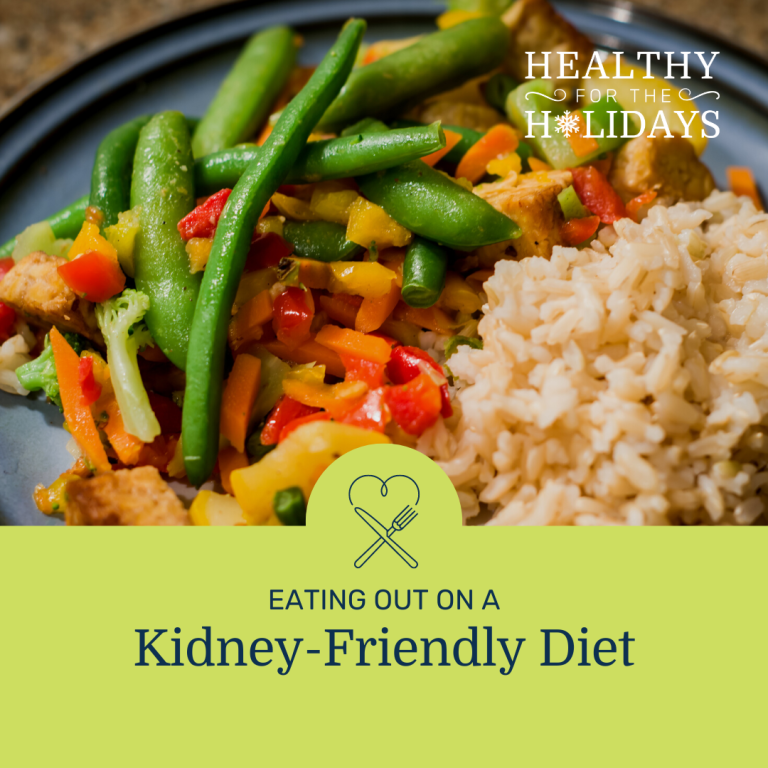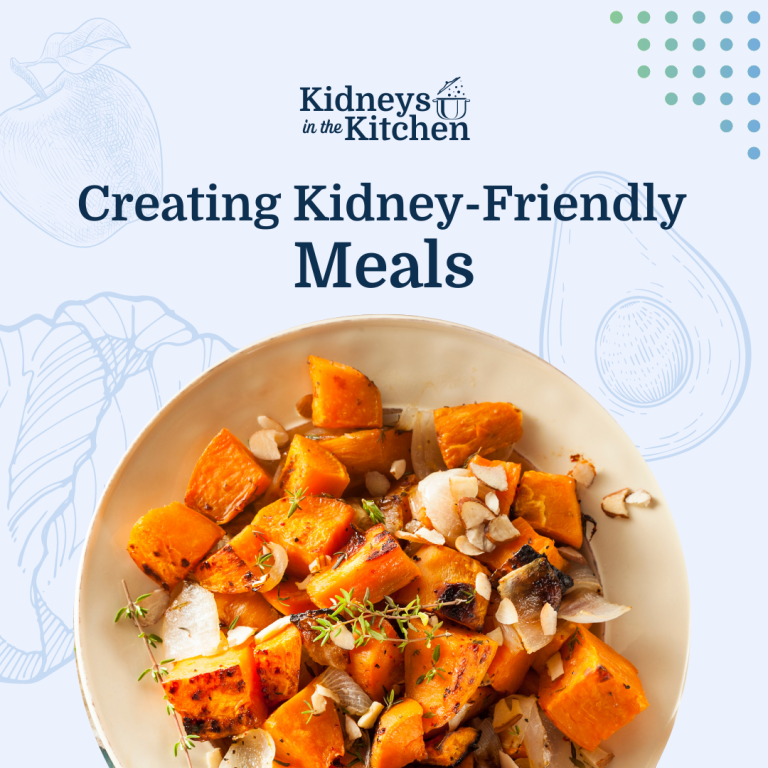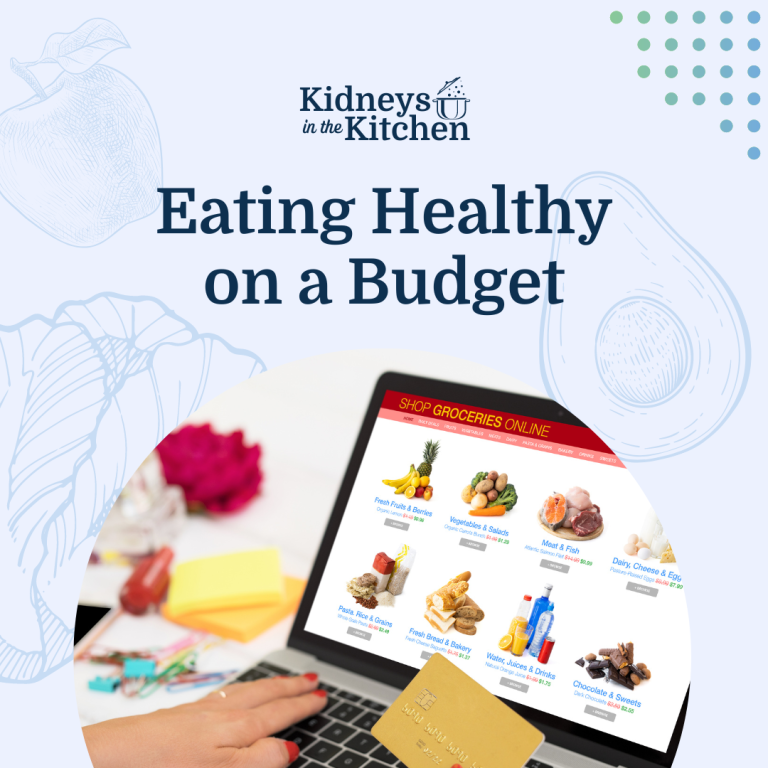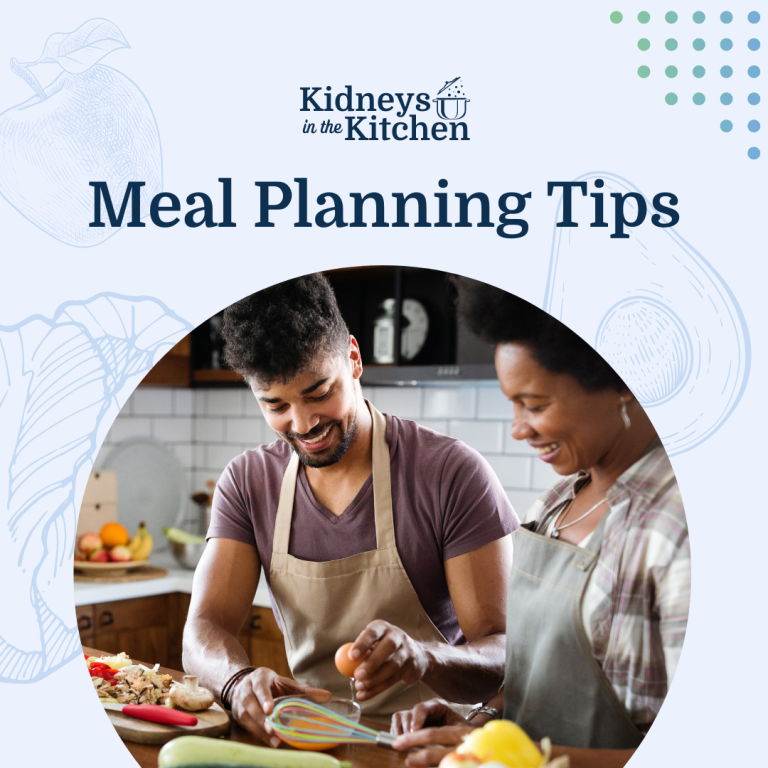8 tips for eating kidney-friendly on a budget
Shop smart for your kidneys, save big for your wallet.
Following a kidney-friendly diet doesn’t have to break the bank, and you don’t have to sacrifice flavor for a good sale. These tips will not only keep your kidneys healthy but can also help you stay within your grocery budget.
1. Have a plan and stick to it.
Creating a weekly plan and grocery list can be very helpful for staying within your budget and keeping you from splurging on impulse buys. Once you’ve made your list, stick to it! If you’re new to meal planning, check out these tips to help you make your weekly meals organized and kidney-friendly.
2. Buy in bulk.
Stocking up on foods you eat regularly can go a long way in helping you save money. Items like rice, pasta, oatmeal, cereals, canned tuna, and even chicken can be purchased in large quantities and saved for later. If you’re worried about wasting, freeze perishable foods you don’t use right away, like chicken, which will stay good for several months.
3. Compare brands of food.
Brand-name products tend to be more expensive, so buying the generic or store-brand version can help you save on your next grocery bill. Many stores have their own brands that are usually less pricey and just as good! However, remember to compare ingredients. Different brands of the same item can have different amounts of certain ingredients (like sodium), so if you’re following a kidney-friendly diet, you’ll want to choose the option that has the best ingredients for you.
Check out our blog on how to read a food label so you know what to watch for!
4. Join loyalty programs.
Most grocery stores have free loyalty programs you can join that provide discounts and coupons for customers. These programs can go a long way in helping you stay within your budget. Coupons are a great way to save on your grocery bill, especially if you have your list planned out. Even using small ones like 50-cents-off can add up over time!
5. Buy canned or frozen.
Canned or frozen fruits and vegetables last longer and can often be a cheaper alternative than fresh produce. Most of these items are preserved at their peak and are as nutrient-rich as the fresh versions. Remember to empty the juice from canned fruits, and empty and rinse canned vegetables before eating.
Also, look for items with “no added salt” or “low-sodium” printed on the packaging. When using frozen fruits or vegetables, take out what you need and freeze the rest (many have resealable packaging). This will help save money and cut back on food waste.
Somatus Dietitian Tip: Stock up on low-sodium frozen or canned vegetables if you see a sale so you’ll have them on hand for later use!
6. Choose local/in-season produce.
When produce is in season, it’s usually at its peak in both nutrients and flavors! In-season produce is also typically cheaper, hence friendly for your wallet. Produce that’s not in season (for example, strawberries in December) have usually traveled a far distance to get to your local grocery store, which raises the price. Local food banks usually have in-season produce available through donations from local farmers/growers, so that’s another good resource.
7. Consider meat-alternatives for protein.
The price of certain meats can be expensive (and some can be high in fat!), so eating less meat can be a good way to save some money and calories. Consider these other kidney-friendly, high-protein alternatives to help you stay within your budget:
- Eggs
- Canned tuna or salmon (rinse with water to reduce sodium content)
- Peanut butter
- Tofu
- Hummus
- Beans or lentils
8. Cook at home.
Meals made on your own will almost always be cheaper than eating at restaurants or eating pre-made meals. Cooking from scratch also allows you to control how much sodium, phosphorus, fat, and other nutrients will be in the meal. Ask your Somatus dietitian for some kidney-friendly recipes ideas, or check out our Somatus Kidney-Friendly Cookbook for inspiration!
Want more Kidneys in the Kitchen info? Click here.
The information contained here is for educational purposes and is not intended to be a substitute for medical advice, diagnosis, or treatment. Always seek the advice of your healthcare provider with any questions you may have regarding a medical condition or treatment, and never disregard professional medical advice or delay seeking it because of something you read here.
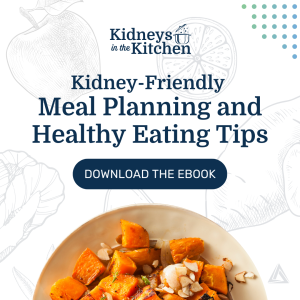
Learn more about the Somatus healthy living program.
We’re here to answer your questions anytime.
Call us at (855) 851-8354 (TTY: 711).
